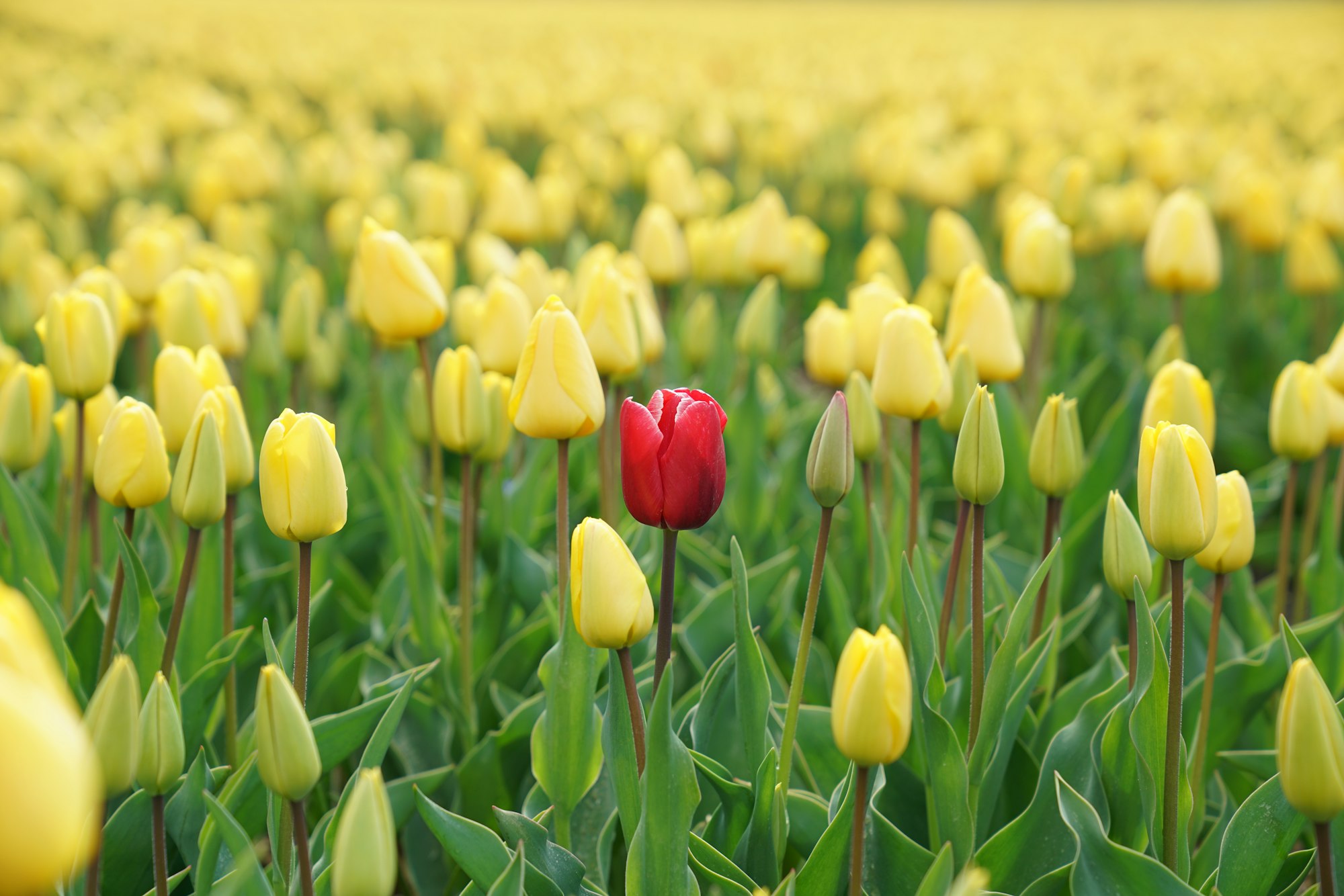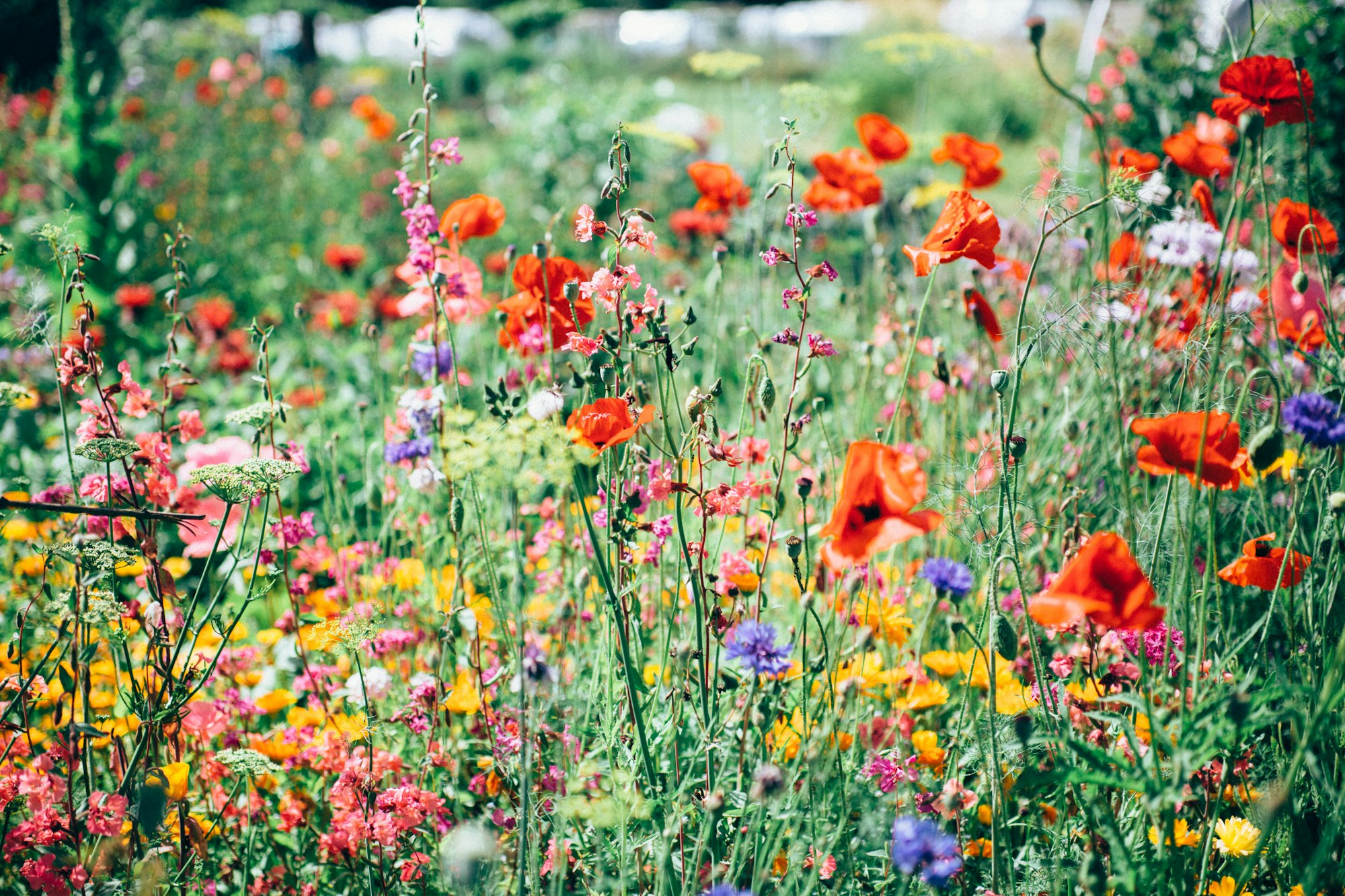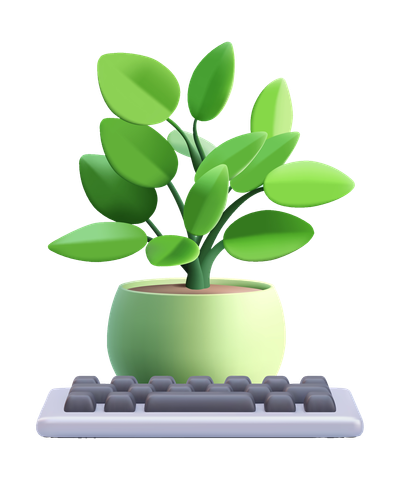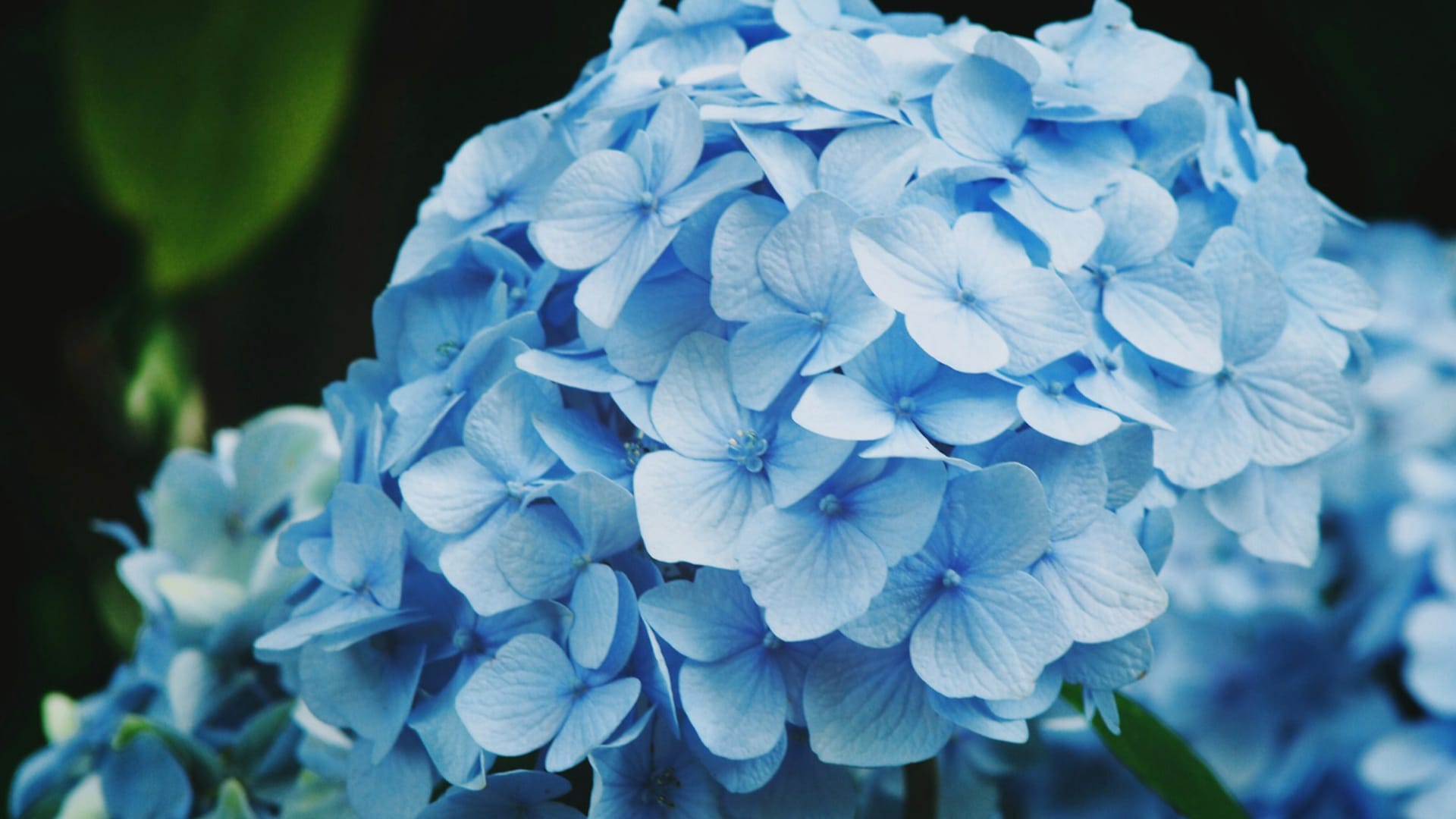When a flower doesn't bloom...

I saw this Alexander Den Heijer quote on LinkedIn:
When a flower doesn't bloom,
You fix the environment in which it grows,
Not the flower.
~ Alexander Den Heijer
The person who shared the quote pointed out that if someone isn't thriving on your team, as a leader you should question whether or not the environment is supporting them. I agree, as did many of the commenters.
But, there were some folks in the comments with whom I disagreed, including some who suggested you should just get a different flower, and others who accused the flower of being entitled. This post is for them.

A Different Flower
Some folks on the thread seemed to be of the opinion that if the flower doesn't bloom in the environment you have, you should find a different flower — one that can thrive under the conditions present in your garden.
There's more than a little fatalism in that line of thinking: "How can one possibly overcome the fact that the flower needs more sun than the garden provides?"
I dunno. Did you try a grow lamp? A green house? Transplantation?
No?
Interesting.
So, tell me again how it's the flower's fault that it didn't bloom.
Keep in mind, as a leader you are the gardener. You are empowered to change the garden through your actions or inactions. You could fertilize the soil, or not. You could water the flower regularly, or not. You could transplant the flower to a different area of the garden with more sun or shade, or not. Every decision you make has an impact on the environment in which the flower grows.
The key here is that you must want the flower to bloom. (This should be easy. You chose the flower.) And, you need to put forth the effort. Being a gardener is hard work. It involves lots of decisions that affect the health of the garden and all the flowers in it.

An Entitled Flower
There were also a number of comments questioning why the flower is "entitled" to a different environment in the first place. All the other flowers are doing just fine. Why should we treat this flower differently?
For that matter, why should we treat any flower differently? It's not like they need different soils, or moisture levels, or light levels, or temperatures, or fertilizers. Right?
No. That's not right. Flowers only bloom in environments that are well suited to their needs. And, it's the gardener's job to ensure that each and every plant's needs are met.
Entitlement has nothing to do with it. It's about meeting the needs of the individual.

Biodiversity
I have one final point to make. But, to make it as clear as possible, I'm going to drop the metaphor.
There are people in my life who are physically diverse. My daughter, for example, is highly allergic to peanuts. I'm not going to swap her out for a different flower. I'm going to modify the environment so she can thrive.
There are people in my life who are neurodiverse. I recognize that overstimulation is their peanut. They cannot thrive in an environment with too many stimuli. So, I work to provide them a quieter space in which to thrive.
There are people in my life who are gender diverse. Their peanut is a world that refuses to acknowledge them for who they are and treat them equitably. If I care about them (which I do), then I should work to ensure that their environment is one in which they can thrive.
Nature graced many of us with enough physical and neurological and gender similarity that we can thrive in the common environment created by society.
We are privileged.
To say that people whose diversity prevents them from thriving in the common environment don't deserve an environment in which they can thrive is both deeply indifferent and utterly dehumanizing.
Folks, the flower is a person.
They are endowed with the same worth as you and me.
They are entitled, as we are, to an environment in which they can blossom.
Whether or not we choose to help expand society's narrowly defined common environment to be more inclusive of their diversity is more a reflection on our empathy and compassion than it is on their entitlement.
No spam, no sharing to third party. Only you and me.




Member discussion